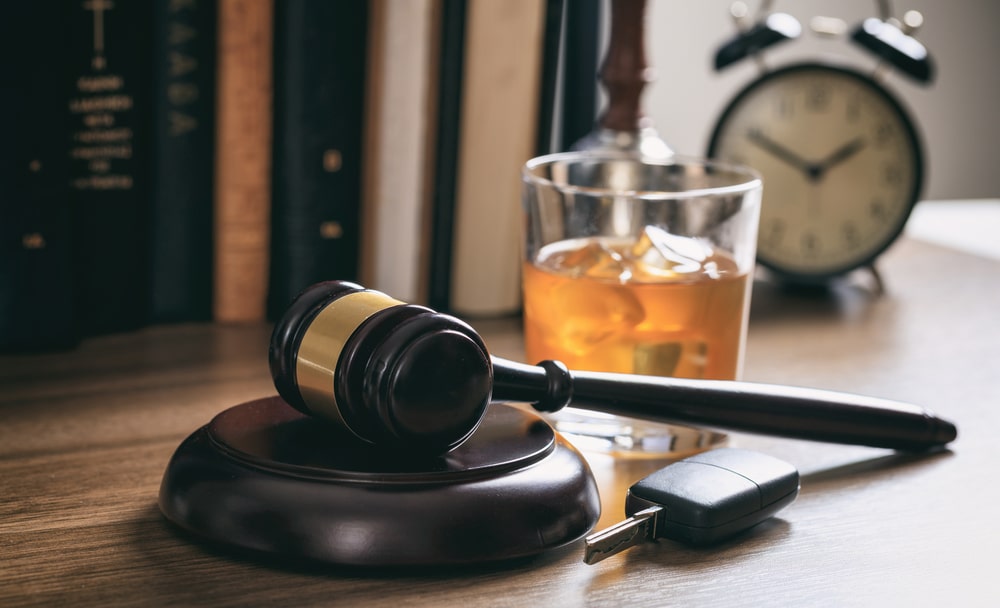Driving under the influence (DUI) cases represent a significant subset of criminal law, carrying serious legal consequences and potential long-term ramifications for those involved. Understanding the complexities of DUI cases, from arrest to trial, is essential for individuals facing these charges and their legal representatives. It is important that you explore the legal implications of criminal DUI cases and common defense strategies employed to mitigate the consequences.
What Happens After An Arrest?
A DUI arrest initiates a series of legal proceedings that can have far-reaching effects on various aspects of an individual’s life. Upon arrest, the accused may face immediate consequences such as license suspension, vehicle impoundment, and mandatory court appearances. Subsequent legal proceedings may involve arraignment, pre-trial motions, plea negotiations, and, if necessary, a trial before a judge or jury.
Central to DUI cases is the issue of impaired driving, typically measured through blood alcohol concentration (BAC) levels exceeding the legal limit. Prosecutors rely on evidence such as breathalyzer or blood test results, field sobriety tests, and officer observations to establish impairment and secure a conviction. However, defense attorneys can challenge the validity of such evidence through various legal arguments and procedural challenges.
Defense Strategies For DUIs
A lawyer, such as a DUI lawyer, can tell you that one common defense strategy in DUI cases is attacking the reliability or accuracy of BAC testing methods. This may involve questioning the calibration and maintenance of breathalyzer devices, challenging the qualifications or training of the administering officer, or presenting evidence of medical conditions or other factors that could skew test results.
Additionally, defense attorneys may challenge the legality of the traffic stop or arrest, alleging violations of constitutional rights such as unlawful search and seizure or lack of probable cause. Suppressing evidence obtained through unlawful means can significantly weaken the prosecution’s case and may lead to the dismissal of charges or favorable plea negotiations.
Witness Testimony In DUI Cases
Another defense strategy in DUI cases is raising doubt about the reliability of witness testimony, including officer observations of the defendant’s behavior or performance on field sobriety tests. Factors such as poor lighting, adverse weather conditions, or underlying medical conditions may affect the accuracy of such observations, providing grounds for reasonable doubt.
What Are The Consequences Of A DUI?
Collateral consequences of DUI convictions extend beyond the criminal penalties imposed by the court. Individuals convicted of DUI may face repercussions such as increased insurance premiums, mandatory alcohol education programs, ignition interlock device requirements, and potential professional or licensing consequences.
Finding The Right Help When You Need It Most
As lawyers, such as trusted lawyers from The Lynch Law Group know, criminal DUI cases require careful navigation of legal principles, evidence, and defense strategies to protect the rights and interests of the accused. By understanding the complexities of DUI law and seeking qualified legal representation, individuals facing these charges can pursue the best possible outcome and mitigate the potential long-term consequences of a DUI conviction. If you are facing DUI charges and you are ready to go up against them, reach out to a trusted law firm today.

